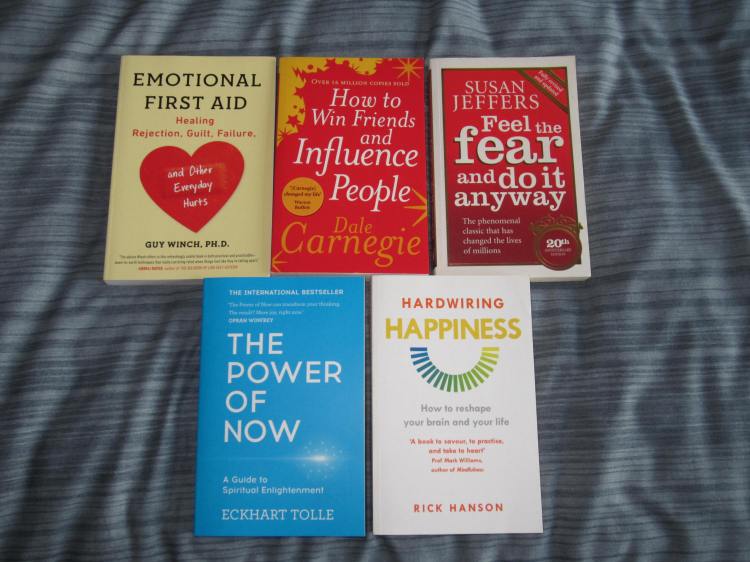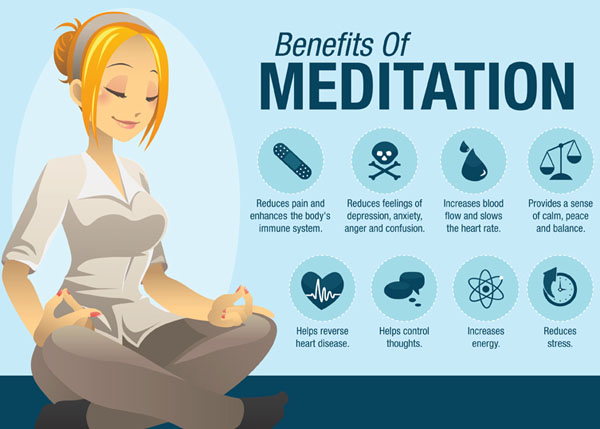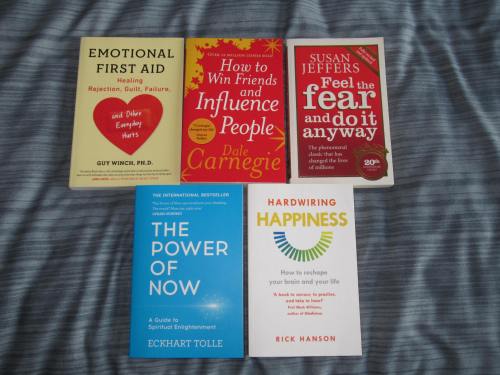The barriers and stigma surrounding mental health issues are facing their toughest test yet.
More and more people – famous or not – are finally speaking out about the problems, that society still faces, when it comes to discussing a topic that is still shockingly under-funded and under-discussed.
Talking about mental health, its funding and how and where to receive help, however, is still not taken as seriously as our physical health, which is why ‘Mental Health Awareness Week’ -taking place between 8th and 14th May 2017 – is vitally important to those who suffer from mental health illnesses, those who work within the industry and for people who want to see those barricades torn down.
What can we do, individually and collectively, to help remove the stigma encompassing illnesses such as depression, anxiety, and schizophrenia though? Here’s six things that anyone can do to help themselves – or others – over the course of the week:
Get It Off Your Chest

Only a fraction of the UK’s population (around 13%) stated that they were happy with the levels of their mental wellbeing during a recently conducted survey by the Mental Health Foundation.
Suicide rates in the UK, meanwhile, rose from 6,122 to 6,188 for the year ending 2015 – 75% of whom were male, 25% female – and over 18,000 people took their own lives between 2003 and 2013, according to the Office of National Statistics.
Those numbers provide an alarming indication of just how much more needs doing to combat the stigma surrounding mental health, and it remains vital that those suffering from – or have suffered from – a mental illness talk openly about their problems, and not be judged for doing so.
Ask your family, friends work colleagues and, hell, even strangers how they’re doing today. And genuinely mean it. It could be the biggest difference you make to them today.
Read a Self Help Book

Seeing a psychiatrist or therapist is often a solution out of reach to people, particularly due to financial difficulties, and often the next best step, other than talking about problems with another person, is reading a self help book and working through any of the exercises within the pages of one.
Books such as Guy Winch’s ‘Emotional First Aid’, Mark Williams et. al’s ‘The Mindful Way Throught Depression’ and others can all act as aids in discovering when you’re most vulnerable to a trying period, and give tips, tasks and ways of helping you combat the dark moods known as ‘The Black Dog’.
Go Green and Enjoy the Outdoors

Such is modern life, it is easy to get bogged down in our occupations, become dulled by the environment of motor vehicles and buildings around us and be distracted by our phones and TVs.
A change of scenery is often a positive thing, then, and what better way to gain some perspective by heading off to your local park or into the countryside? Being out in the open and fresh air can provide clarity and offer a reminder of just how beautiful this world is.
Bring yourself back to your centre by taking a stroll on a warm, sunny day and appreciate everything you see and hear.
Exercise Physically to Benefit Mentally

It’s no surprise that people’s moods are notably buoyed after a bout of exercise. There’s a reason they call it “runner’s high”, you know!
With endorphins coursing through your body, those who regularly partake in physical activity can help to pump themselves full of chemical feel-good factors to help keep those inner demons at bay.
Forking out for a gym membership doesn’t have to be someone’s go-to solution either. A pleasant bike ride nearby, a jog around the park or even a brisk walk have been proven to elevate moods.
Meditate to Medicate

Meditation’s popularity among all age groups has never been higher – no doubt in part to apps such as Head Space – and sometimes a brief 10-minute spell of focusing on nothing but your breathing can work wonders on your mind.
It’s often easy to get caught up in the rush of everyday life, so a few moments to reflect, find your centre and focus on the positive things in your life will provide a reprieve from the hustle and bustle that comes with feeling the stresses and burdens of the world.
Education, Education, Education

Small steps are being taken everyday to eradicate the mental health stigma from society, but much, much more needs to be done.
As always, the best way of spreading the message is through education. Looking up statistics, finding new and innovative ways to combat these illnesses, and offering up insights are just a few methods that will help to inform other people about mental health, what it represents and how we can go about fighting the shame that is brought on those who suffer in silence.
The more people who are aware, and who are willing to make a change, of mental health will aid our push to end this stigma, and help to make our society a more open, accepting and empathic civilisation in the long run.


